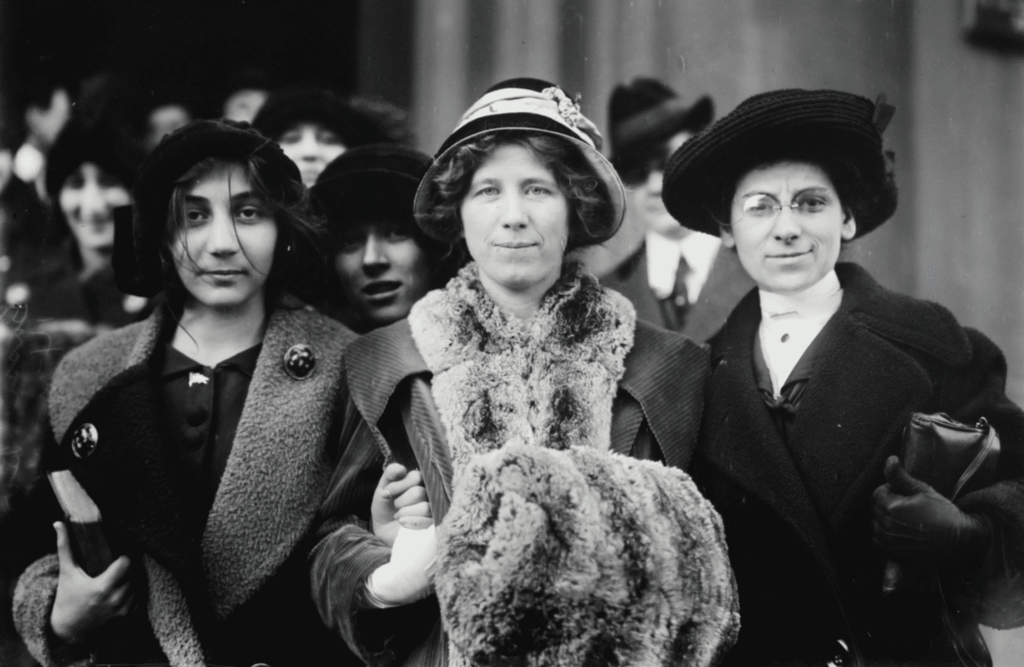This post could also be called “learning to let go”, for it is indeed something we learn as parents – it doesn’t always come naturally.
Parents of younger children look aghast when I tell them my daughter just left home for university. I am incredulous when I hear how hard it was for them to leave their child at daycare or send them to overnight camp.
But that’s disingenuous of me. My husband reminded me how hard it was for us when we left our youngest crying at her new sitter more than a dozen years ago. I have conveniently erased that from my memory bank.
That’s because over time, we take several baby steps towards building our children’s independence, so that when it’s time for them to go, they’re ready. And we are too.
In late August we dropped our 18-year-old off at the airport to head to school. (We actually parked and went in with her, we’re not that cavalier about it). “How was it?” friends asked with genuine concern. “Were you sad? Did you cry?”
In fact the airport was very crowded and we were focused on getting her through oversize baggage and to the security check point. I stuffed a sort of love letter full of tips and advice and buoying words of confidence into her hands before she left. But there was no time to linger and play out a long, rom-com good-bye. Hugs and kisses and away you go. (And parking was by the minute, so, tick tock).
I knew I wouldn’t be sad when she left. How can I be sad when she’s where she wants to be? But more important, the 18 years leading up to this moment have prepared both of us for this eventual physical separation.
It’s hard to avoid not getting caught up in our jobs as parents. We are so connected to those little rugrats. (Even as I type this, I’m texting my daughter half a country away.) Being a parent can so easily become our raison d’être. How many times have you read that parenting is the most important job you’ll ever do? For sure they were the focus of my life when they were younger. I logged plenty of hours at my kids’ school and was extremely involved in their programs. But after a decade, that started to get old. The separation was beginning as they entered middle school.
Then little by little, year after year, they pushed the envelope for more independence. Oh, we resisted plenty, but eventually they started taking public transit, sleeping over at friends’ houses and (gulp) driving the car. On the highway.
Did our parents fret about leaving us with sitters, dropping us off at kindergarten, letting us walk to school by ourselves? I don’t think they did. And how about this little nugget: adolescence technically finishes at age 25 – seven years after people become legal adults. It’s different parenting today than 30 years ago, even 15 years ago. Economic pressures have contributed to an extended adolescence, with young people staying home longer because of student debt, lack of a job and marrying later. And of course there are the much-maligned helicopter parents who are supposedly ruining their kids.
But one thing that hasn’t changed over the generations, is that kids grow up and become adults. And when they do, suddenly the house starts feeling a bit crowded.
So parents of younger children, don’t look to the future with fear and trepidation, but rather a sense of excitement and confidence. Envision a time that your child – and you — will be ready for early adulthood. Maybe it’s 18, maybe it’s 22. Every family and child is different. But don’t stand in the way. For my part, I’ll try to be more empathetic and remember what it was like to see your little one off to school for the first time. I might need a shoulder to cry on in two years when our other daughter goes off to school and we become true empty nesters.










